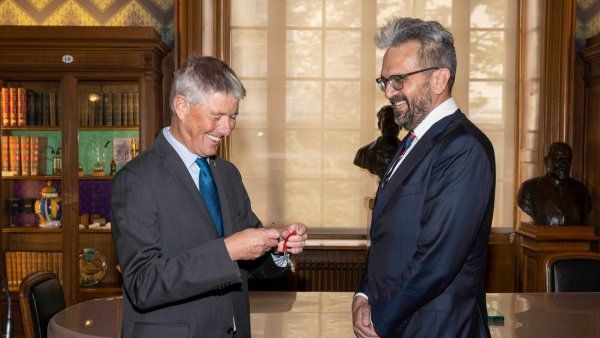Fewer Patients with PTSD Survive COVID
Risk of death or hospitalization from COVID-19 were found to be greater for patients with PTSD.
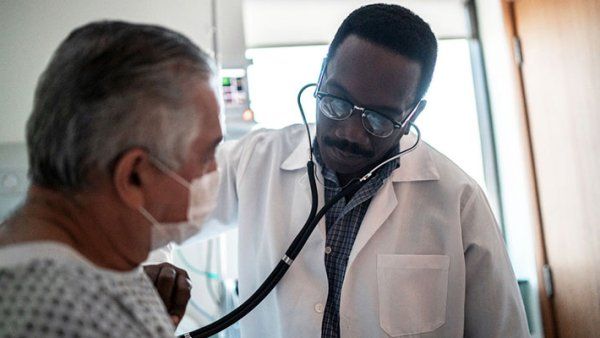
University of California San Francisco
Give to UCSFRisk of death or hospitalization from COVID-19 were found to be greater for patients with PTSD.

Alan P. Venook, MD, a renowned expert in colorectal and liver cancers, has been announced as one of the winners of the 2022 Luminary Awards in Gastrointestinal (GI) Cancers.
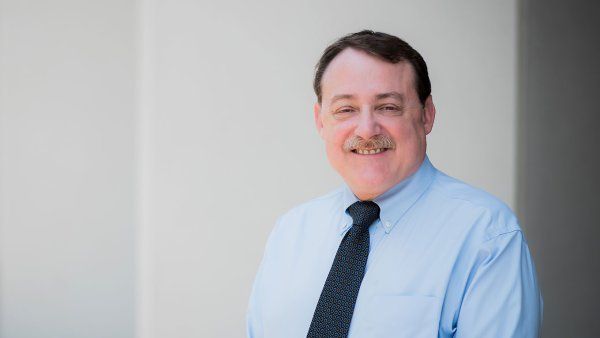
Researchers have identified specific immune cells that drive deadly heart inflammation in a small fraction of patients treated with powerful cancer immunotherapy drugs.
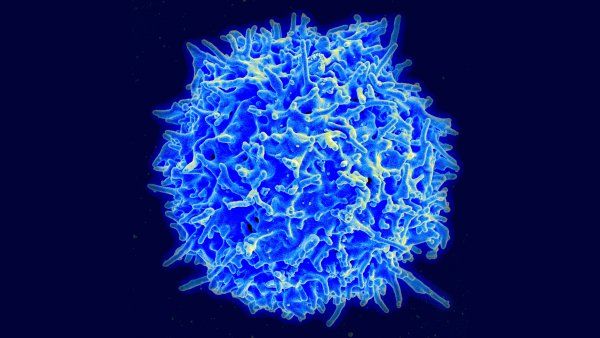
Catherine Lucey, MD, a key campus leader who has been instrumental in UCSF’s success over the past decade, has been named executive vice chancellor and provost, beginning in January of 2023.

UCSF Medical Center earned its third consecutive Magnet Recognition®, representing more than a decade of gold-standard excellence in nursing and hospital practices, and quality patient care.
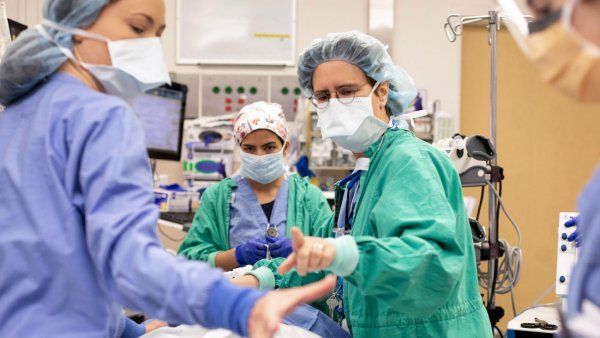
UCSF Medical Center at Mission Bay has been nationally recognized with an “A” Hospital Safety Grade from The Leapfrog Group for its rigorous safety measures that protect hospital patients from harm and errors.
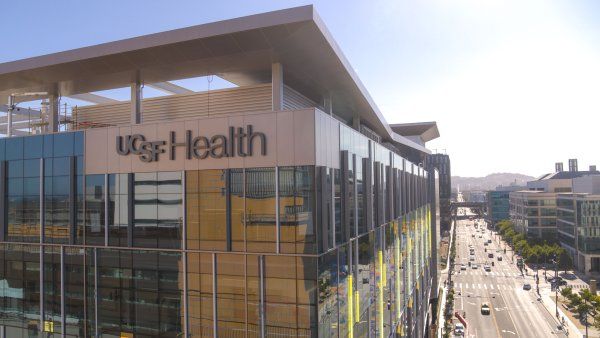
The brains of people with Down syndrome develop the same neurodegenerative tangles and plaques associated with Alzheimer’s disease and frequently demonstrate signs of the neurodegenerative disorder in their forties or fifties. A new study shows that these tangles and plaques are driven by the same amyloid beta (Aß) and tau prions as Alzheimer’s disease.

E-cigarettes and marijuana have similar harmful effects on the heart as tobacco cigarettes, opening the door to abnormal heart rhythms, reports a team of researchers at UCSF.
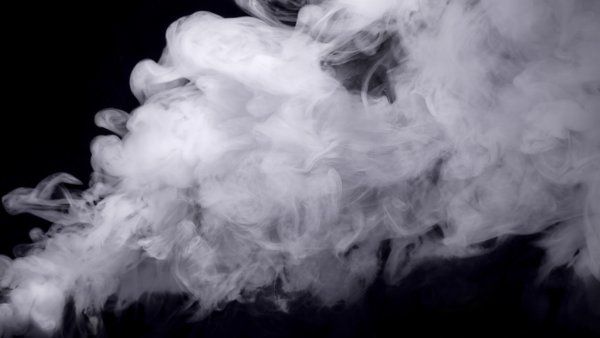
Brain implants for speech, neurological effects of COVID-19, and motor recovery after stroke are among the topics that researchers from UCSF will be presenting at this year’s annual meeting of the Society for Neuroscience.

A new method of comparing massive numbers of CAR-T cells can determine which is most effective and long-lasting against cancer.
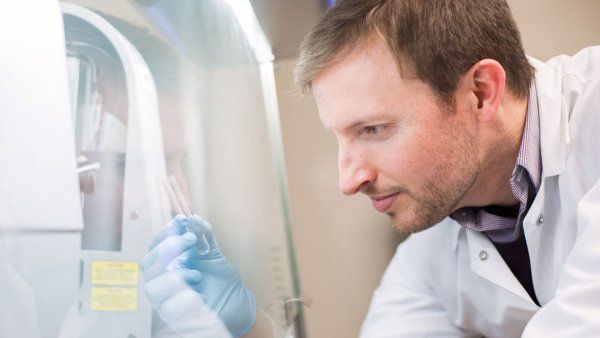
Using a protocol developed at UCSF, physicians have successfully treated a fetus with a devastating genetic disorder for the first time, and the child is now thriving as a toddler.
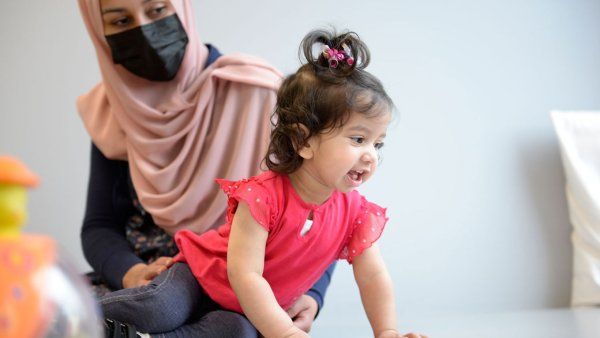
UCSF Benioff Children’s Hospitals experts weigh in on what RSV is and why we’re seeing so many cases.
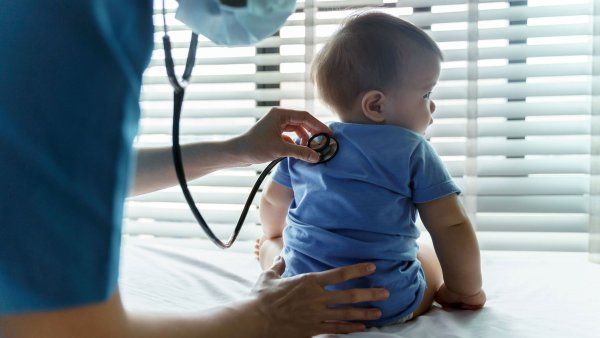
“Science + Service” was the theme for Chancellor Sam Hawgood’s ninth annual State of the University on Nov. 3, 2022.
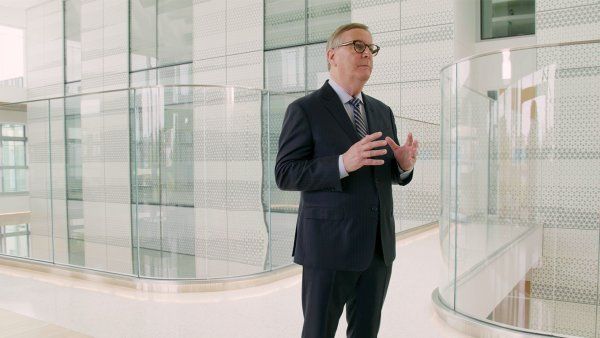
Bacteria in our guts may play a significant role in the metabolism of anti-cancer drugs that are critical for treating colon cancer and other types of cancers.
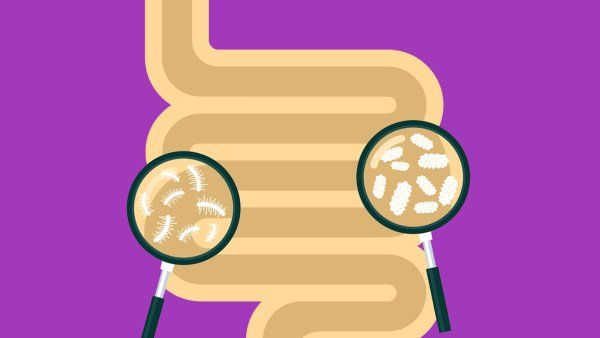
Immune checkpoint inhibitors (ICIs) used in cancer care can cause myocarditis, a potentially fatal side effect, and it appears that the adverse cardiac effects may disproportionally impact female patients.
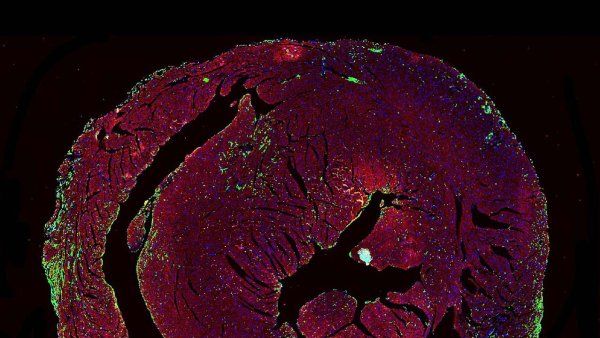
A $147 million grant will expand diversity among Alzheimer’s disease research participants, and involve partners from UCSF, the San Francisco VA Medical Center, and the Northern California Institute for Research and Education.

A third of American women of reproductive age now face excessive travel times to obtain an abortion, according to a new geospatial analysis by researchers in San Francisco and Boston that is one of the first to model the effects of the Supreme Court’s recent Dobbs v. Jackson decision.

After Don Onken suffered a stroke at 78, a quick response by doctors at the UCSF Medical Center at Parnassus Heights helped him get back on his feet quickly – and back to the golf course.
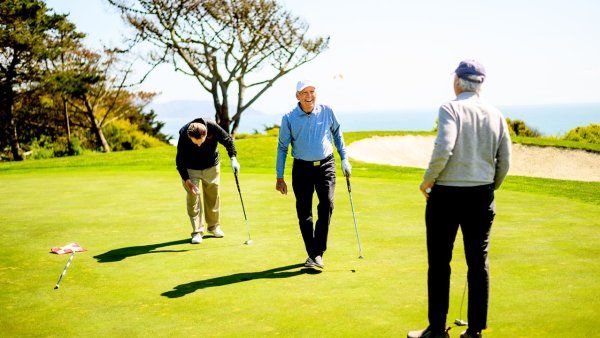
Nevan Krogan, PhD, director of UC San Francisco’s (UCSF) Quantitative Biosciences Institute (QBI) and founder of QBI’s Coronavirus Research Group (QCRG), has been awarded the Legion of Honor, France’s highest honor, in a ceremony in Paris.
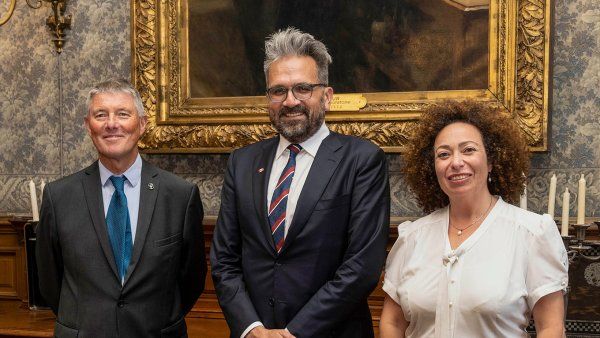
Nevan Krogan, PhD, director UCSF’s Quantitative Biosciences Institute (QBI) and founder of QBI’s Coronavirus Research Group (QCRG), has been awarded the Legion of Honor, France’s highest honor, in a ceremony in Paris.
